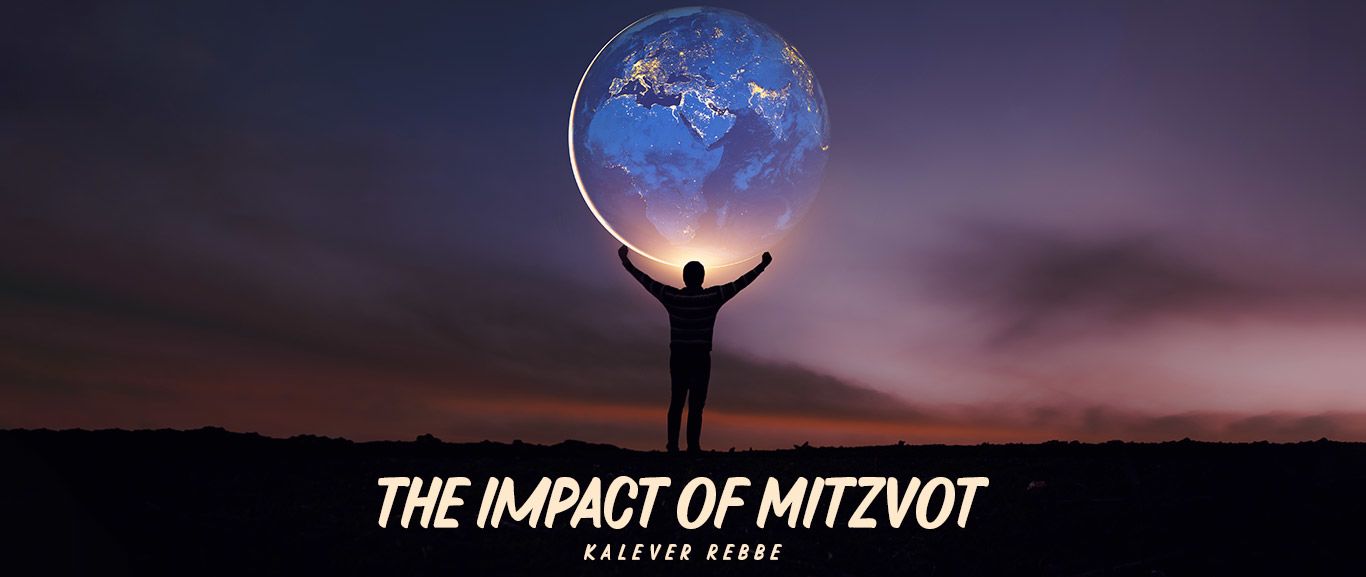
The Impact of Mitzvot
Some adolescents (and even some adults) view learning and mitzvot as a burden. How can we break that mindset? Read the Kalever Rebbe's sage advise...

Now Jacob lifted his feet and went to the land of the people of the East. (Bereishit 29:1)
Not a Worthless Burden
In every generation, there are those who want to modernize Judaism and continue to try and alleviate the sense of obligation to Torah and mitzvot. They want to abandon any sense of responsibility or accountability. They think that living a Torah-centric and observant life is burdensome; that Torah makes their lives cumbersome and bitter.
The root of the problem is that they do not realize or understand the immeasurable benefits of studying Torah and performing mitzvot. Therefore, they think that all their effort, and all the energy and resources that are utilized for Torah and mitzvot is a waste. Subsequently, it becomes a burden.
This is natural. For example, someone who spends his entire day cutting down trees in the forest will not tire. However, if you were to give him an axe and have him chop at the empty air, his energy will drain quickly. Whenever we feel that our efforts are useless and pointless, we become exhausted.
Chazal taught us that the Egyptians were constantly trying to increase the harshness of the workload of the Jews while they were enslaved. After they would complete a new building or home, the Egyptians would have it leveled. Even when someone works hard, if they see a finished product that they can be proud of, when they see the beneficial impact of their labor, they are able to feel a sense of satisfaction and they feel that the work paid off. Even though the work was hard, it was rewarding. However, if someone knows that everything that they do, all their hard work and labor, will be for nothing in the end, the work becomes doubly burdensome. It makes that hard work that much more difficult.
What’s in the Crate?
The Seforim HaKedoshim explain this concept with a parable:
The king asked two of his servants to carry a crate to their home. The first servant, happily and swiftly, did his task. The other servant, however, moaned and complained the entire way, moving at a much slower pace. Everyone who saw this believed that the first servant must have had a much lighter package to carry. However, when both crates were weighed, they were of equal weight.
Upon further investigation, they realized that the first servant was ecstatic about the heavy weight of the crate because he knew that it was filled with treasure: gold, silver, and other precious stones. And, when he got home, the contents of the crate would be his. The other servant did not understand this at all. He just thought he was forced to carry a heavy load all the way to his home. He didn’t realize the incredible outcome that could await him.
The pasuk in Tehillim (119:162) says, “I rejoice over Your word as one who finds great spoil“. The Chafetz Chaim explained if a person finds a large treasure chest in the street filled with diamonds and gold, he will find a way to carry that treasure home, regardless of its weight and the difficulties the task would entail. He will find the strength and means to carry that treasure home. Similarly, if a person rejoices over the precious gems that are within the Torah, he will find the strength to study it, and to achieve heights that he thought were beyond his reach.
Impactful Mitzvot
A Jew must understand that the Torah and its 613 mitzvot are like the buttons on a machine. When you push a certain button, there is an outcome. So too, when a Jew does a mitzvah, he is impacting this world and the Upper Worlds, providing them with spiritual nourishment. A mitzvah is not an empty action, but a “button” that accomplishes unimaginable goodness in this world and beyond; it accomplishes something here, and generates an eternal and everlasting reward in the World to Come.
The Jew needs to understand that he is carrying a tremendous treasure chest of precious stones. At times, that load might feel burdensome and heavy. Others might ridicule you for working so hard to carry that load. They might pity you. However, in the end, that treasure you carried is yours.
There are many times when a person is inspired to commit themselves to performing a certain mitzvah. Immediately, the Yetzer Harah tries to dissuade him with an array of criticism. He says, “Your sins have made you so distant from Hashem and Yiddishkeit. Hashem doesn’t want someone like you doing this mitzvah. This mitzvah means nothing.”
The truth is that every mitzvah any Jew does is precious to Hashem. No matter what a Jew has done previously in their lives, he is still a Jew. And, his commitment to mitzvot is cherished by Hashem.
R’ Shlomo from Karlin, zt”l, would say, “The greatest Yetzer Harah is for a Jew to forget that he is a Ben HaMelech, a prince of the King of Kings.” A Jew must remember that he is a prince of the King of Kings, a son of our Father in Heaven, of Hashem. Therefore, Hashem always desires and yearns for us to be closer to Him through the Torah and mitzvot just like a father always yearns for his son regardless of how he has behaved.
Yaakov’s Realization
This provides an insight into this story with Yaakov:
On his journey, he reaches the place where the Beit HaMikdash would be built, the place where his forefathers had prayed. And, he doesn’t pray because he feels worthy of such a holy task. Prayer, he thought, was something reserved for his forefathers who were tzaddikim. However, he immediately rejects that notion and regrets having that thought. He goes back and prays. And, afterwards, he has the dream of the ladder upon which the angels are ascending and descending.
This dream is symbolic of the angels taking his words of prayer up to the heavens. His prayer was having an impact on the Upper World. Then, the angels descending represent the flow of blessings that were coming into this world as a result. This is what Yaakov meant when he said (Bereishit 28:16), “I did not know” – I did not know that “I” could impact the world so greatly, both here in this world and in the Upper Worlds.
Then, the pasuk afterwards says, “Now Jacob lifted his feet”. He was inspired and excited about his Avodat Hashem that made it easier for him to “lift his feet” and continue his spiritual journey. He knew it had a purpose and an impact. Therefore, “he went to the land of the sons of the East”. He went to the Beit Midrash to learn and daven, to continue growing in his Avodat Hashem. When people commit themselves to Torah and mitzvot, they are the “sons of the East. ” The word “east”, קדם, also means “before” or “prior”. It is reference to Hashem who precedes everything and is called the קדמונו של עולם (The One Who preceded the world).
***
The Kalever Rebbe is the seventh Rebbe of the Kaalov Chasidic dynasty, begun by his ancestor who was born to his previously childless parents after receiving a blessing from the Baal Shem Tov zy”a, and later learned under the Maggid of Mezeritch zt”l. The Rebbe has been involved in outreach for more than 30 years, and writes weekly emails on understanding current issues through the Torah. You can sign up at www.kaalov.org.



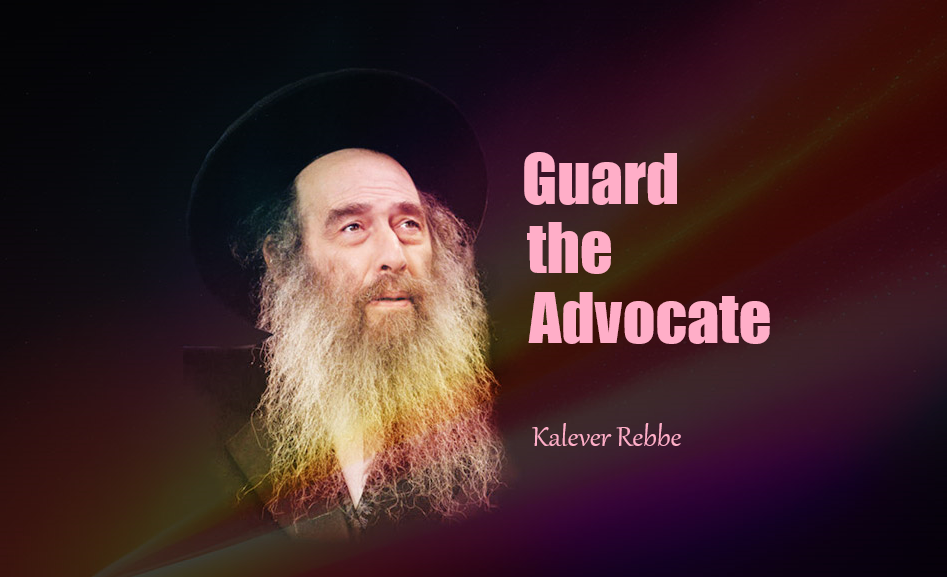

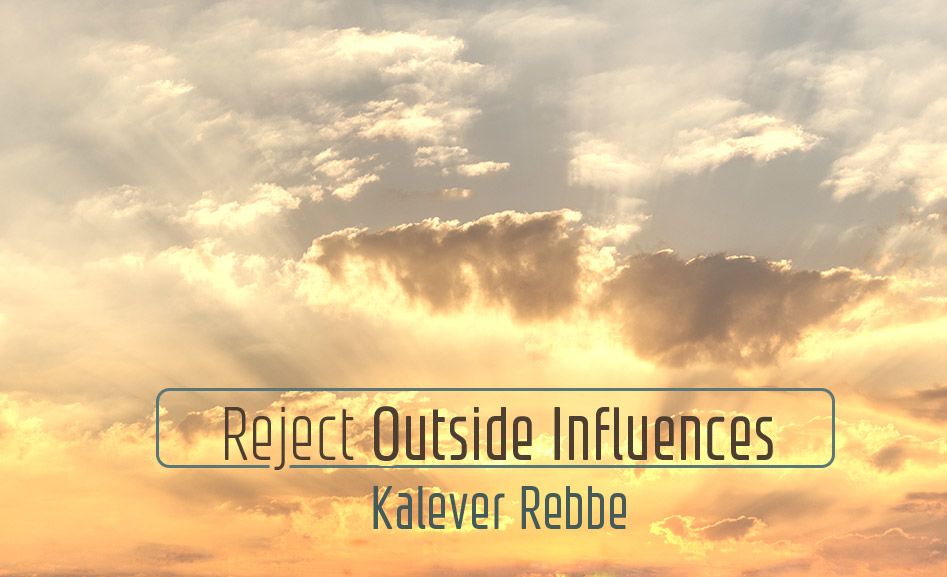
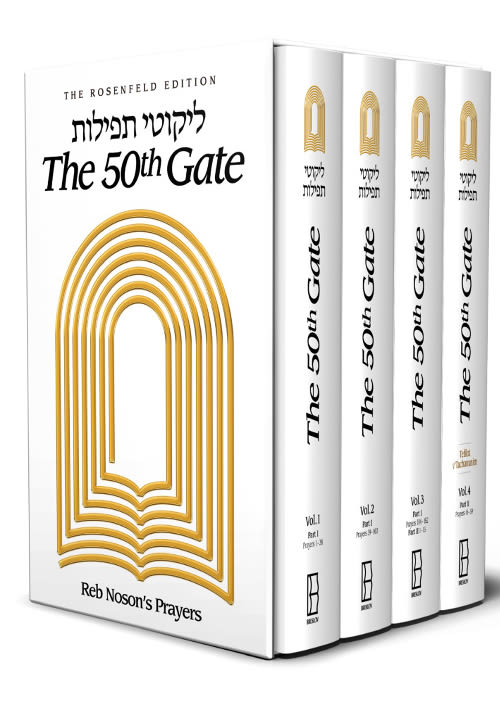


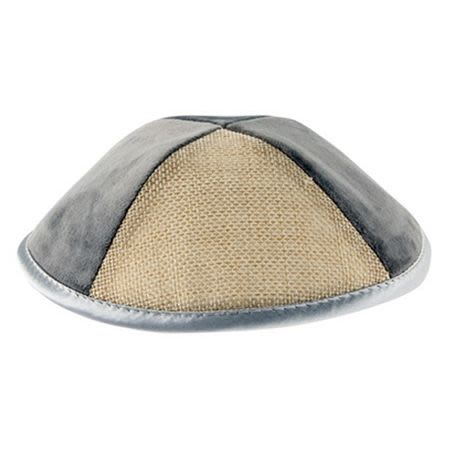
Tell us what you think!
Thank you for your comment!
It will be published after approval by the Editor.